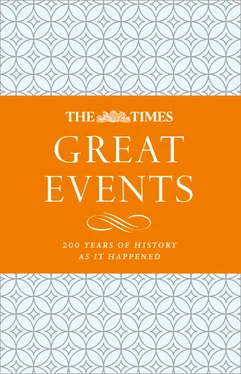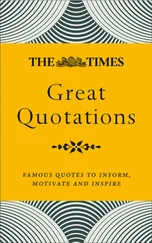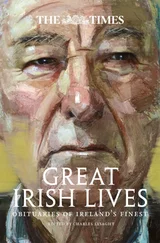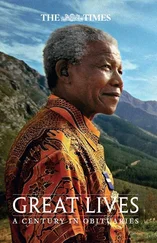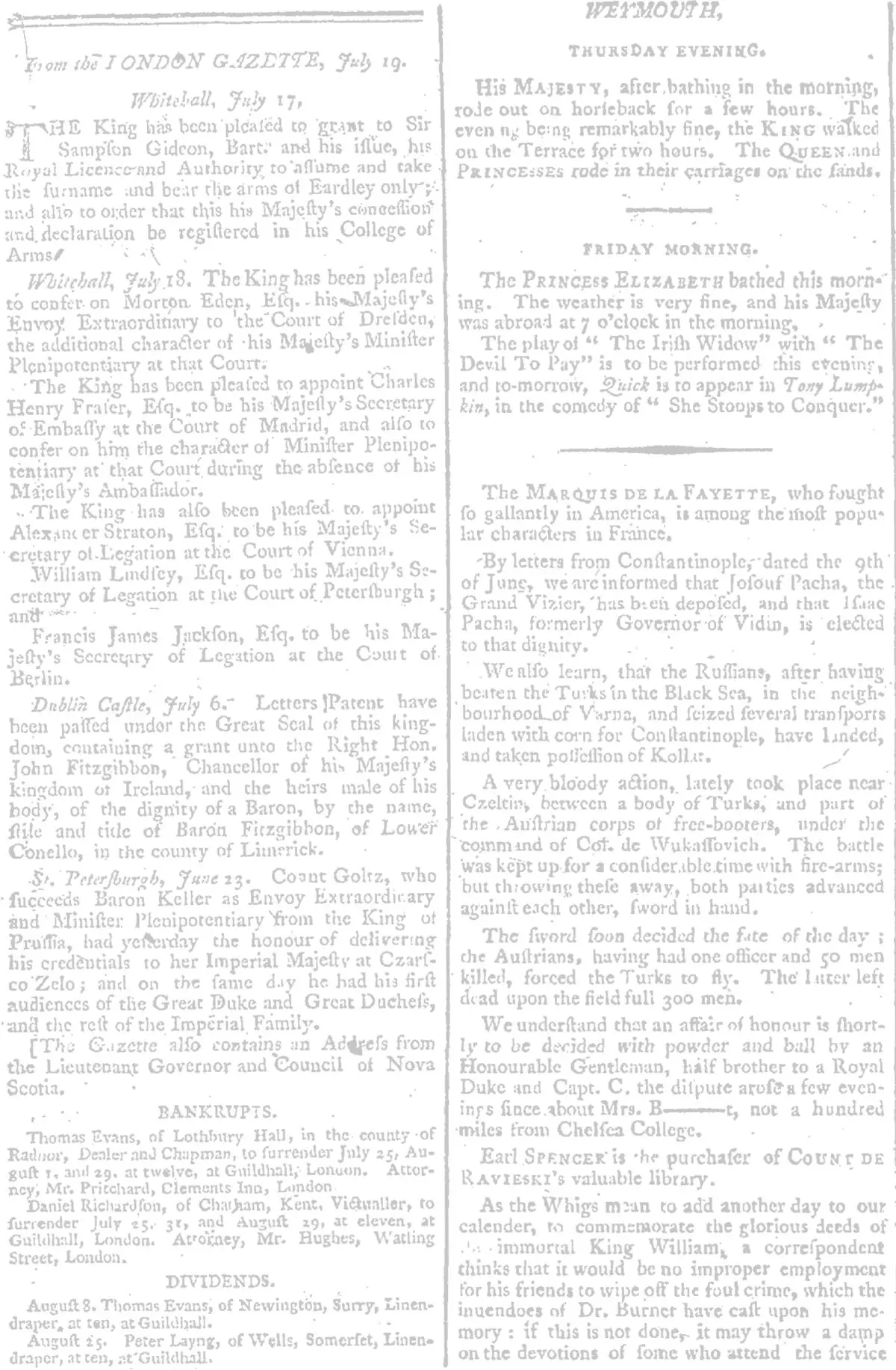
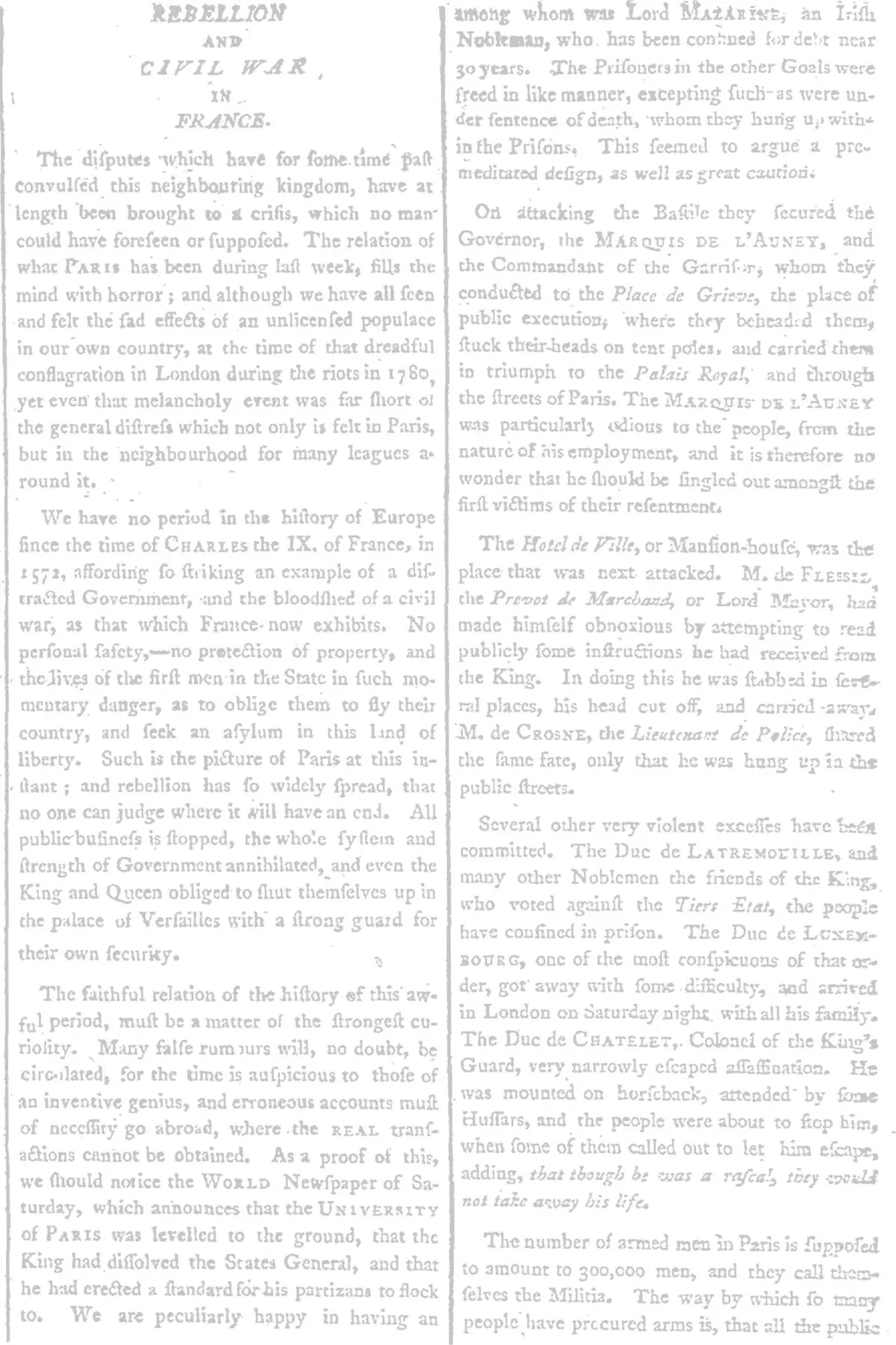
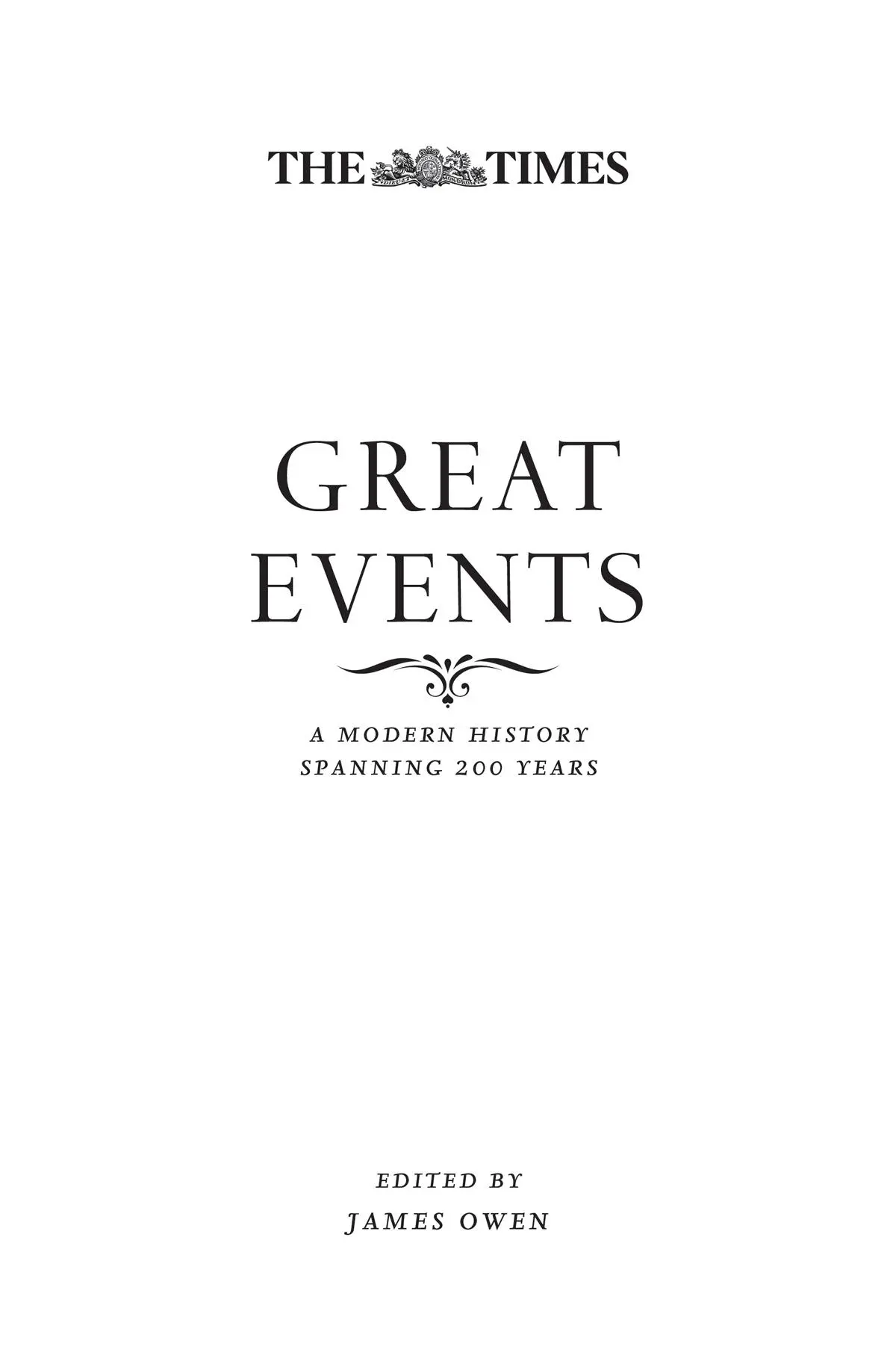
COPYRIGHT
Published by Times Books
An imprint of HarperCollins Publishers
Westerhill Road
Bishopbriggs
Glasgow G64 2QT
www.harpercollins.co.uk
times.books@harpercollins.co.uk
First edition 2020
© This compilation Times Newspapers Ltd 2020
The Times® is a registered trademark of Times Newspapers Ltd
www.harpercollins.co.uk
All rights reserved under International and Pan-American Copyright Conventions. By payment of the required fees, you have been granted the non-exclusive, non-transferable right to access and read the text of this e-book on screen. No part of this text may be reproduced, transmitted, downloaded, decompiled, reverse engineered, or stored in or introduced into any information storage and retrieval system, in any form or by any means, whether electronic or mechanical, now known or hereafter invented, without the express written permission of HarperCollins.
Entered words that we have reason to believe constitute trademarks have been designated as such. However, neither the presence nor absence of such designation should be regarded as affecting the legal status of any trademark.
The contents of this publication are believed correct at the time of creation. Nevertheless, the Publisher can accept no responsibility for errors or omissions, changes in the detail given or for any expense or loss thereby caused.
HarperCollins does not warrant that any website mentioned in this title will be provided uninterrupted, that any website will be error free, that defects will be corrected, or that the website or the server that makes it available are free of viruses or bugs. For full terms and conditions please refer to the site terms provided on the website.
Acknowledgements
Cover image © MSSA / Shutterstock
Our thanks and acknowledgements go to Lily Cox, Joanne Lovey and Robin Ashton at News Syndication and, in particular, at The Times, Ian Brunskill and, at HarperCollins, Jethro Lennox, Lauren Murray, Kevin Robbins, Louise Robb and Lauren Reid.
We’d also like to thank Alan Copps for all his help and expertise.
eBook Edition © October 2020
ISBN 9780008419455
Version 2020-09-18
CONTENTS
Cover
Title Page
Copyright
Introduction
Georgian Times
The Fall of the Bastille
The Battle of Trafalgar
The Abolition of Slavery
The Assassination of Spencer Perceval
The Battle of Waterloo
Peterloo
An Early Railway Accident
The Age of Victoria
The Coronation of Queen Victoria
The Treaty of Waitangi
Revolution in Vienna
The Great Exhibition
The Charge of the Light Brigade
The Outbreak of the Indian Mutiny
Big Ben Nears Completion
The Death of Prince Albert
The Underground Railway
Gettysburg
The Road Hill House Murder
The Assassination of Abraham Lincoln
The Opening of the Suez Canal
The First Test Cricket Series
The Relief of Khartoum
The Murder of Mary Jane Kelly
The Dedication of the Eiffel Tower
The Trials of Oscar Wilde
The Diamond Jubilee
The Funeral of Queen Victoria
The Edwardian Era
The General Election of 1906
The End of the Dreyfus Affair
The Olympic Marathon
The Messina Earthquake
Louis Blériot Flies the Channel
The Arrest of Dr Crippen
The Last Emperor of China
The Titanic Sinks
Disaster at the South Pole
The Great War
Archduke Franz Ferdinand Assassinated in Sarajevo
War Declared
The Easter Rising
The First Day of the Somme
The Russian Revolution
The Execution of the Romanovs
The End of the Great War
Spanish Influenza
Women Vote for the First Time
Lady Astor Takes Her Seat
The Twenties and Thirties
Prohibition
Tutankhamun’s Tomb
The Death of Lenin
John Logie Baird Demonstrates Television
The General Strike
Lindbergh Flies the Atlantic
The Wall Street Crash
Gandhi’s Salt March
Telephone Links the World
Hitler Becomes Chancellor of Germany
Bonnie and Clyde
The Flying Scotsman
Spain
The Jarrow March
The Abdication Crisis
The Hindenburg Disaster
The Fall of Nanking
The Second World War
War Declared
The Norway Debate
The Battle of Britain
The Blitz
Pearl Harbour
Alamein
D-Day
The Liberation of Bayeux
Hitler Dead
Victory Celebrated
Hiroshima Inferno
From Austerity to Astronauts
India Gains Independence
The Berlin Airlift
The Olympic Games in London
The People’s Republic of China Proclaimed
Festival of Britain
The Korean War
Everest Conquered
The Coronation of Queen Elizabeth II
The Four-Minute Mile
The Missing Diplomats
The Hungarian Uprising
Suez
The Munich Air Disaster
The First Motorway
Marilyn Monroe
The Cuban Missile Crisis
The Assassination of President Kennedy
Beatlemania
The Death of Winston Churchill
Abolition of the Death Penalty
The World Cup
Aberfan
Paris ’68
Prague Spring
Concorde’s Maiden Flight
The Moon Landings
The Seventies and Eighties
Decimal Day
Bloody Sunday
Munich Massacre
Britain Joins the EEC
Nixon Resigns
Saigon Falls
Elvis Presley Dies
Star Wars
The Test-Tube Baby
The Election of Pope John Paul II
The Worst of Times
Independence for Zimbabwe
The SAS Storm the Iranian Embassy
The Death of John Lennon
The Brixton Riots
The Shooting of Pope John Paul II
The Headingley Test
The Royal Wedding
The Falklands War
The Miners’ Strike
The Brighton Bomb
Live Aid
The Challenger Disaster
Chernobyl
Wapping
The Lockerbie Bombing
Tiananmen Square
The Fall of the Berlin Wall
Modern Times
Nelson Mandela
The Fall of Margaret Thatcher
Desert Storm
The First Briton in Space
Black Wednesday
History in a Handshake
The Channel Tunnel
OJ Simpson Acquitted
Peace in Bosnia
Tony Blair Leads Labour to Power
Hong Kong Handover
The Death of Diana, Princess of Wales
The Good Friday Agreement
The Millennium
September 11
The Death of the Queen Mother
The Fall of Saddam Hussein
July 7 Attacks
The Financial Crisis
The Inauguration of Barack Obama
Coalition
The Royal Wedding
The Death of Colonel Gaddafi
The London Olympics
Andy Murray Wins Wimbledon
Brexit
Grenfell
Coronavirus
George Floyd
Index
About the Publisher
INTRODUCTION
The urge to know what is happening beyond the horizon is as old as humankind. There were printed newssheets circulating in Venice by the sixteenth century, and newspapers well-established in Britain by the early eighteenth. Yet it was The Times which, almost from its founding in 1785, redefined what newspapers should report and, accordingly, what news was.
Britain was unusual in having a press not controlled by the state, but its journalism hitherto had often been merely gossipy, or polemical, or interested purely in politics, or just parochial. The approach of The Times was more professional, reflecting the growing size of the mercantile class and its need to be informed.
Читать дальше
